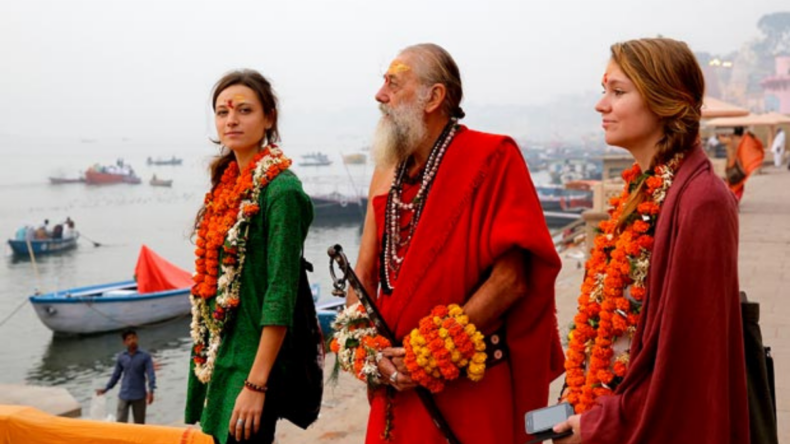Spirituality is the belief in being able to contact the dead.
Traditionally, Spirituality refers to a religious process of re-formation that “aims to recover the original shape of man,” Spirituality’s meaning has evolved and grown over time. Many implications may be found alongside each other aimed towards “the image of God,” as illustrated by the founders and holy books of the world’s faiths.
This article will help you to understand about Spirituality Celebration of Diverse Beliefs. The phrase was first used in early Christianity to describe a life directed toward the Holy Spirit. Still, it was expanded to encompass mental elements of life during the Late Middle Ages. In contemporary times, the word has grown to various religious traditions and broadened to describe a broader range of experiences, encompassing a variety of esoteric and spiritual traditions.
Modern usages refer to a subjective experience of a sacred dimension and the “deepest values and meanings by which people live,” often in a context separate from organized religious institutions. This may involve belief in a supernatural realm beyond the ordinarily observable world, personal growth, a quest for an ultimate or sacred meaning, spiritual experience, or an encounter with one’s own “inner dimension.”
Mc Carroll’s Review on Spirituality in India
There is no universally accepted meaning of spirituality. Surveys of the term’s meaning as scholarly research reveal a wide range of reports with little overlap. A study of Mc Carroll’s review on the issue of spirituality yielded twenty-seven specific definitions, with little agreement. This impedes the systematic research of spirituality and the ability to communicate results in a meaningful manner. Furthermore, many of spirituality’s core features are not unique to spirituality.
The emphasis in modern times is on subjective experience and the “deepest values and meanings by which individuals live,” including personal growth or change, generally in a context independent from institutionalized religious institutions.
Spirituality is broadly described as a person’s desire for ultimate or holy meaning and purpose in life. It can also refer to seeking personal improvement, religious experience, believing in a supernatural world or afterlife, or making sense of one’s own “inner dimension.”
Celebration of Diverse Beliefs
Spirituality and religion are part of people’s daily lives in India. Personal devotional beliefs, rituals, and temple worship have resulted in some of the most magnificent buildings. India is well-known for its illustrious history and cultural heritage. Each kingdom that reigned on Indian land left its imprint in architectural wonders that are now a worldwide phenomenon.
From North to South and East to West, every state is adorned with various kinds of temples, gurdwaras, mosques, monasteries, and churches, many of which have been designated as historic monuments due to their antiquity and artistry. A trip to India would be incomplete if you did not see the beauty and wealth of these architectural marvels.
Spirituality in Indian philosophy refers to the right way of living and thinking. In Indian spirituality, it is considered that a person who is unaffected by success or failure, which is free from self-interest and ego, can see God everywhere.
Its billion people define India. And it is reasonable to argue that these folks define Indian spirituality. Hinduism, Islam, Christianity, Buddhism, Sikhism, and Jainism are the most significant faiths in the nation.
Aside from these, there are several different schools of thought. The country is rich with spiritual places that should not be missed by anybody seeking the authentic Indian experience. These are open and welcoming to everybody. India is the land of holiness, with beautiful temples and mosques, magnificent cathedrals, brilliant gurudwaras, and calm monasteries.
Indians take pleasure in identifying as spiritual. The upper-middle-class never tire of extolling the philosophy’s stratospheric heights attained by the Vedas and Upanishads without studying a single page of any of these texts. Any criticism of India would be answered with an ‘oh, but we are such a spiritual civilization, unlike the decadent materialistic West’ shrug.
Being connected to a broader reality, yielding a more complete self, connecting with other persons or the human society, with nature or the universe, or with the divine realm are all examples of spiritual experiences.
I hope this article help you to know the meaning of Spirituality Celebration of Diverse Beliefs in India.
Trending News :- 9-Year Old Boy Kidnapped and Murdered by 2 Adults













